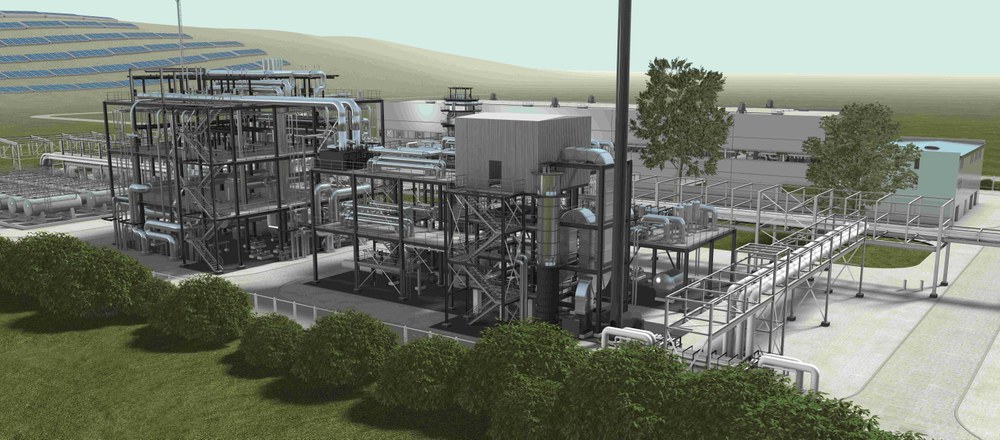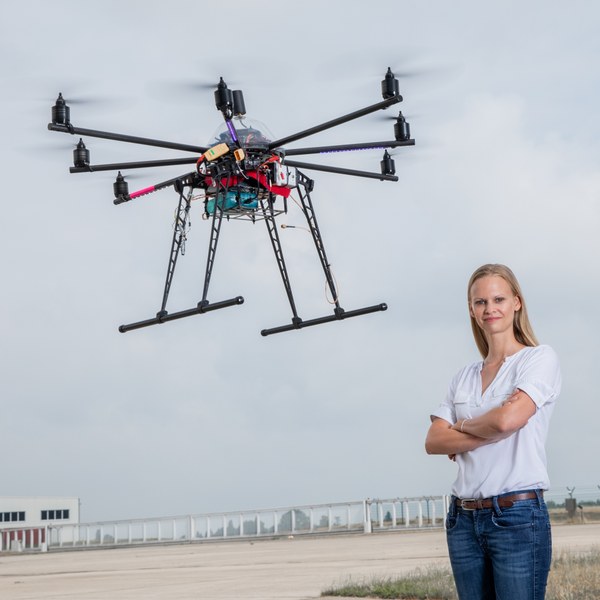The Institute of Combustion Technology develops solutions to make both energy supply and aviation efficient and climate-friendly. To this end, we design regeneratively produced fuels and develop innovative, hydrogen-compatible combustion chamber systems for gas and aircraft turbines.
Institute of Combustion Technology
With its exceptional infrastructure of optically accessible combustion chamber test benches and chemical laboratories, the institute is well equipped for the task of analysing elementary combustion processes under real conditions and understanding them in detail. Thanks to its expertise in the fields of chemical kinetics and analytics, flow and combustion simulation, combustion diagnostics and combustion chamber development as well as sustainable fuels and micro gas turbine systems, the more than 100 researchers are able to analyse, develop and evaluate chemical energy sources, technical combustion processes and gas turbine cycles from the basics through to applications.
The aim of the research is to transfer technology and thus strengthen Germany as a business location. This means that the results are concrete applications that are brought to market maturity in co-operation with industrial partners. One example of this is the jet-stabilised burner concepts developed here, which are characterised by extremely low pollutant emissions and fuel flexibility. These strengths are particularly evident in the combustion of hydrogen mixtures and pure hydrogen. They are already being used successfully in large, stationary gas turbines and in micro gas turbines for decentralised energy supply. For this application, a combustion chamber system has been brought to market maturity that works effectively with both currently available fuels and alternative fuels such as biogases and hydrogen.
In the field of chemical energy carriers, the focus is on characterisation and design of sustainably produced synthetic and biofuels. With the SimFuel platform, which is unique in Europe, the institute supports industrial companies in the development of synthetic and bio-based fuels that are more efficient than kerosene and at the same time release fewer pollutants during combustion.
Another example of technology transfer is the development of the technology platform for power-to-liquid fuels (TPP) at the Leuna Chemical Park (Saxony-Anhalt). This research plant is intended to solve all the problems that arise when scaling up production from laboratory scale. The institute is thus helping to pave the way for the industrial production of sustainably produced power-to-liquid fuels.




